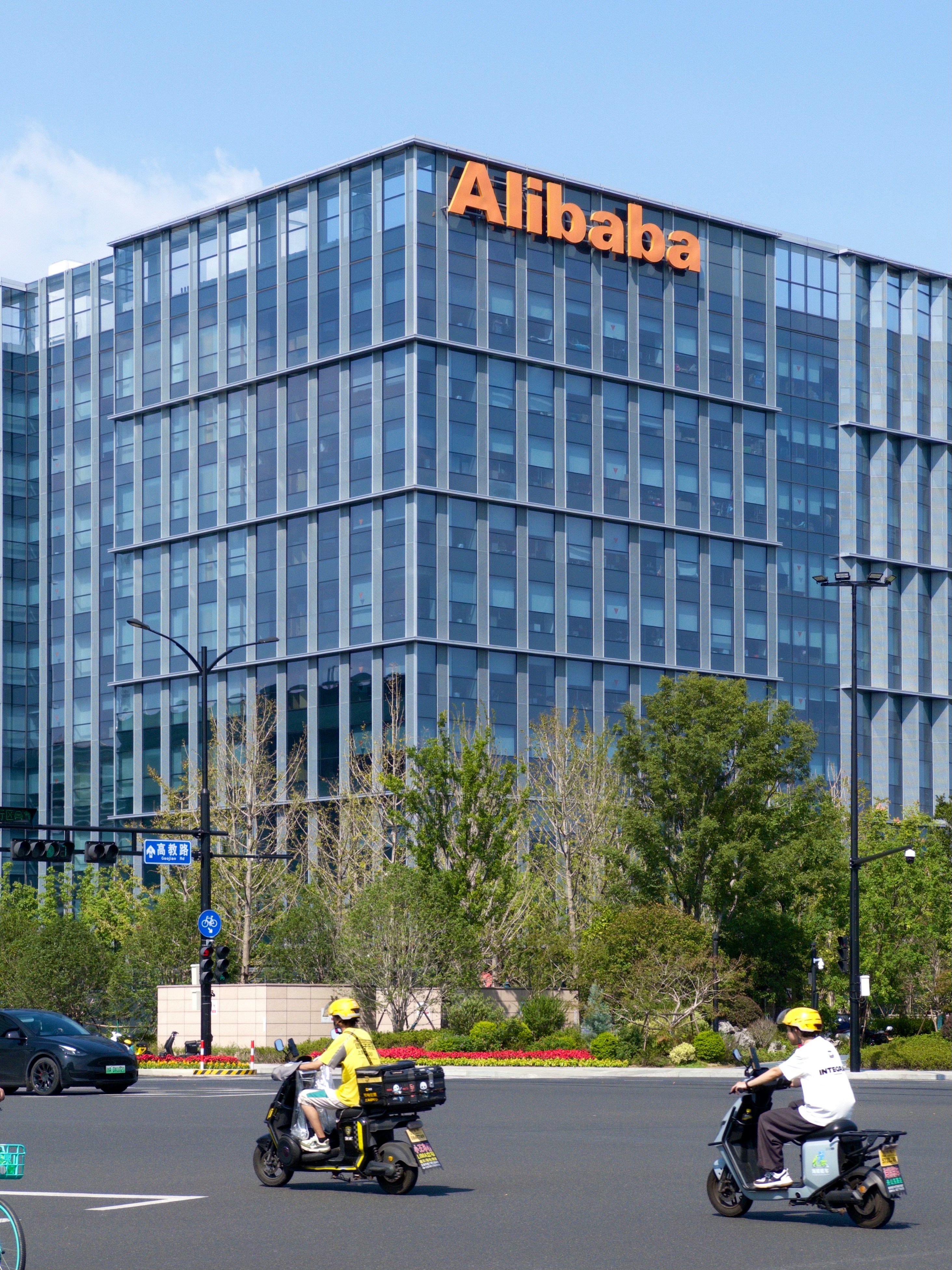Alibaba And ByteDance Expand U.S. AI Presence: Strategic Move Or Challenge To U.S. Policy?

Chinese technology giants Alibaba and ByteDance are ramping up their presence in Silicon Valley, the global hub of innovation, by expanding their offices and aggressively recruiting top U.S. talent. This development has sparked a debate: Is this merely a strategic business move to bolster their AI capabilities, or does it represent a direct challenge to U.S. policies aimed at curbing China’s technological growth?
The Expansion Strategy
In recent months, Alibaba and ByteDance have focused on expanding their operations in California, strategically positioning themselves in close proximity to the world’s leading technology talent. These expansions aim to attract experienced professionals, particularly those specializing in generative AI and machine learning. By recruiting from rival U.S. tech companies, they seek to accelerate their progress in developing cutting-edge technologies with applications across diverse sectors, from content creation to automated systems.
Motivations Behind the Expansion
The motivations driving these expansions are multifaceted. First, Alibaba and ByteDance aim to close the gap in AI development between Chinese and U.S. companies, especially in the fast-growing field of generative AI. This technology, which underpins tools like advanced chatbots and automated content generators, is seen as a critical area for future economic and technological leadership. Additionally, tapping into Silicon Valley’s talent pool allows these firms to compete more effectively on the global stage and ensure they remain at the forefront of AI innovation.
U.S. Efforts to Restrict China’s Technological Growth
Washington has implemented a series of policies to restrict China’s access to advanced technology, including export controls on semiconductors and limitations on U.S. investments in Chinese tech firms. These measures aim to slow China’s advancements in critical areas like AI and quantum computing. However, the hiring of U.S.-based talent by Chinese companies represents a significant challenge to these policies. The open-market nature of Silicon Valley makes it difficult to enforce restrictions on talent acquisition, highlighting a critical gap in the U.S. strategy.
Implications for U.S.-China Relations
The expansion of Alibaba and ByteDance into Silicon Valley could exacerbate tensions between the U.S. and China. While Chinese companies portray their efforts as legitimate business moves, they are perceived by some U.S. policymakers as undermining national security measures. The recruitment of U.S. talent by Chinese firms raises concerns about the potential transfer of expertise and intellectual property, fueling calls for stricter oversight of such practices.
Perspectives from Industry and Academia
From the perspective of U.S. tech companies, the recruitment drive by Chinese firms poses a risk of brain drain and heightened competition for top talent. Industry leaders worry about the potential leakage of proprietary knowledge to foreign competitors. On the other hand, Chinese companies argue that their hiring efforts are part of the global technology ecosystem, emphasizing the open and competitive nature of Silicon Valley. Experts in academia highlight the broader implications of these trends, noting that they could reshape the balance of power in the global AI landscape.
Ethical and Legal Considerations
The recruitment of U.S. talent by foreign companies raises several ethical and legal questions. U.S. professionals joining Chinese firms may face dilemmas regarding the transfer of knowledge, particularly if their work involves proprietary or sensitive technologies. At the same time, existing legal frameworks allow for such hiring, complicating efforts to address these challenges. Policymakers must balance the need to foster innovation through openness with the imperative to protect national security.
Conclusion
Alibaba and ByteDance’s strategic expansions in Silicon Valley reflect their ambitions to become global leaders in AI technology. While these moves are logical from a business perspective, they pose significant challenges to U.S. efforts to maintain its technological edge and safeguard national security. The debate underscores the complexities of navigating a globalized technology landscape, where innovation, competition, and security intersect. As the AI race intensifies, policymakers must develop balanced approaches that support innovation while addressing legitimate security concerns.
Author: Brett Hurll
From Chip War To Cloud War: The Next Frontier In Global Tech Competition
The global chip war, characterized by intense competition among nations and corporations for supremacy in semiconductor ... Read more
The High Stakes Of Tech Regulation: Security Risks And Market Dynamics
The influence of tech giants in the global economy continues to grow, raising crucial questions about how to balance sec... Read more
The Tyranny Of Instagram Interiors: Why It's Time To Break Free From Algorithm-Driven Aesthetics
Instagram has become a dominant force in shaping interior design trends, offering a seemingly endless stream of inspirat... Read more
The Data Crunch In AI: Strategies For Sustainability
Exploring solutions to the imminent exhaustion of internet data for AI training.As the artificial intelligence (AI) indu... Read more
Google Abandons Four-Year Effort To Remove Cookies From Chrome Browser
After four years of dedicated effort, Google has decided to abandon its plan to remove third-party cookies from its Chro... Read more
LinkedIn Embraces AI And Gamification To Drive User Engagement And Revenue
In an effort to tackle slowing revenue growth and enhance user engagement, LinkedIn is turning to artificial intelligenc... Read more

